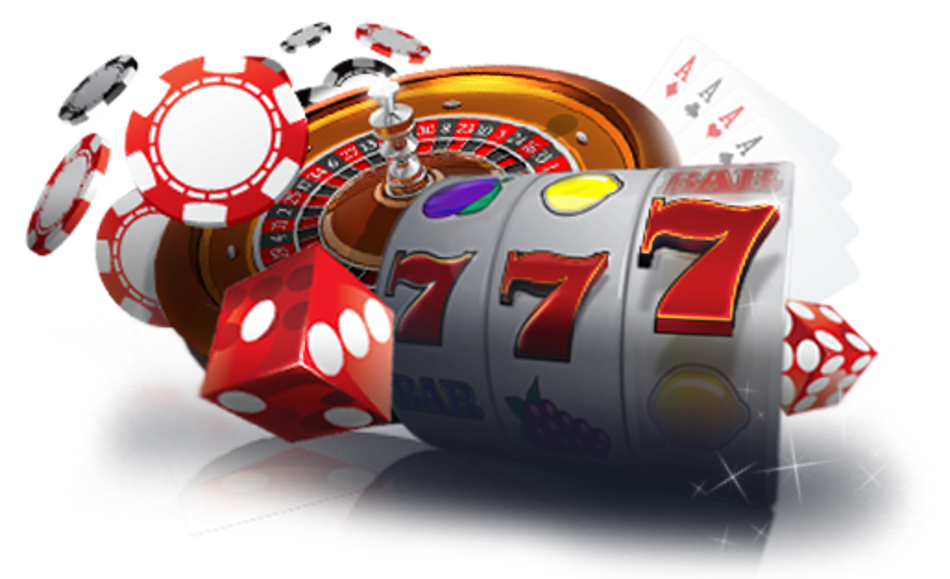
The realm of entertainment has seen numerous transformations over the decades, but not many have captured our creativity and excitement of gamers quite like gambling games. Emerging in from the bustling halls of Las Vegas, Nevada and Atlantic City, these entertainments have spilled over borders and cultures, becoming a worldwide phenomenon. Whether in the dazzling lights of a mega-resort to the comfort of virtual platforms, the allure of casino games is undeniable, luring millions into a realm of chance and tactics.
As more countries embrace gambling in multiple ways, the influence of U.S. gambling is obvious. They have not only shaped local gambling markets but have also inspired countless adaptations and innovations globally. Classic games such as poker and the blackjack, along with modern variations, have created a shared language of entertainment that resonates across varied populations. The mix of risk, reward, and social engagement found in these games fosters a unique sense of community, further cementing their place in the international entertainment landscape.
Historical Overview of U.S. Casino Activities
American casino games have a rich and varied past that mirrors the societal evolution of the United States. The origins of these games can be linked back to various Europe’s gaming traditions brought over by colonists. Okking Activities like the poker game, the blackjack game, and the roulette game worked their way into the mosaic of American culture in the 19th century, achieving popularity in bars and steamboats. These venues offered the ideal setting for social interaction and rivalry, establishing a solid basis for casino gaming as we know it today.
As the country moved to the west, gambling developed alongside it. The Gold Rush era in the mid1800s saw the rise of gambling communities such as Deadwood and Tombstone, where games were played with big bets, frequently accompanied by an air of lawlessness. This period paved the way for the establishment of casino gambling in the beginning of the 20th century, notably with the establishment of Las Vegas, Nevada as a gaming center. The construction of lavish casinos changed the gaming landscape, creating an atmosphere where games could thrive and draw tourists from across the globe.
In the past few decades, the legalization of casino gaming in various states has additionally expanded the variety of games available. U.S. casinos now offer a mix of traditional gambling activities and innovative offerings that serve to modern players. This expansion has allowed for a distinct fusion of old and newfangled, facilitating the continuous development of casino gaming culture in the U.S.. The international influence of these games has also contributed to their incorporation into international gambling industries, demonstrating the enduring influence of U.S. casino gambling activities around the globe.
Global Acceptance and Impact
The rise of U.S. gambling games has marked a significant shift in the global gambling landscape. With their attraction crossing boundaries, these games have captivated players around the globe. From Texas Hold’em tournaments to fruit machines, U.S. styles have established a place in many global casinos. This transfer of culture highlights how versatile and compelling these titles are, adapting to local preferences while maintaining their classic U.S. charm.
Additionally, the influence of these games extends beyond conventional gambling establishments. Online platforms have played a pivotal role in popularizing American casino games, making them accessible to players worldwide. The convenience of online gambling has brought millions to experiences that were once confined to brick-and-mortar casinos. Players can now play their favorite titles from anywhere, creating a new wave of enthusiasm and expanding the gamer base significantly.
This widespread acceptance is also reflected in the incorporation of U.S. gambling titles into local cultures. Countries that have embraced these titles often organize their own versions and competitions, mixing local traditions with American gambling traditions. This fusion not only enriches the gambling experience for participants, but it also highlights the powerful influence that U.S. casino titles have on both leisure and community engagement across different societies.
Cultural Adjustments and Innovations
Casino games have undergone significant transformations as they expanded across different societies. Each region has taken in features of U.S. gambling while adding its own customs and practices. For instance, the rise of digital casino platforms has allowed for the integration of local flavor into classic titles like poker and 21. Players now experience versions that incorporate regional betting styles and distinct rules, making the games more accessible and inclusive for varied crowds.
In many countries, the popularity of gambling games has led to the creation of localized editions that reflect cultural themes and stories. This flexibility has paved the way for innovative game design that resonates with players on a personal level. Slot machines, for instance, now feature imagery and sounds that honor local heritage, folklore, and pop culture, which in turn improves the gaming experience and promotes a sense of belonging among players.
Additionally, the worldwide impact of U.S. casino games has inspired new game formats and blended styles. Some venues have merged traditional gambling with entertainment elements, such as live performances or interactive tech, resulting in a more engaging atmosphere. These developments not only attract a broader crowd but also ensure that the essence of gambling continues to progress, connecting gaps between different communities while maintaining the excitement that casino games are known for.